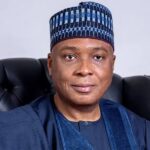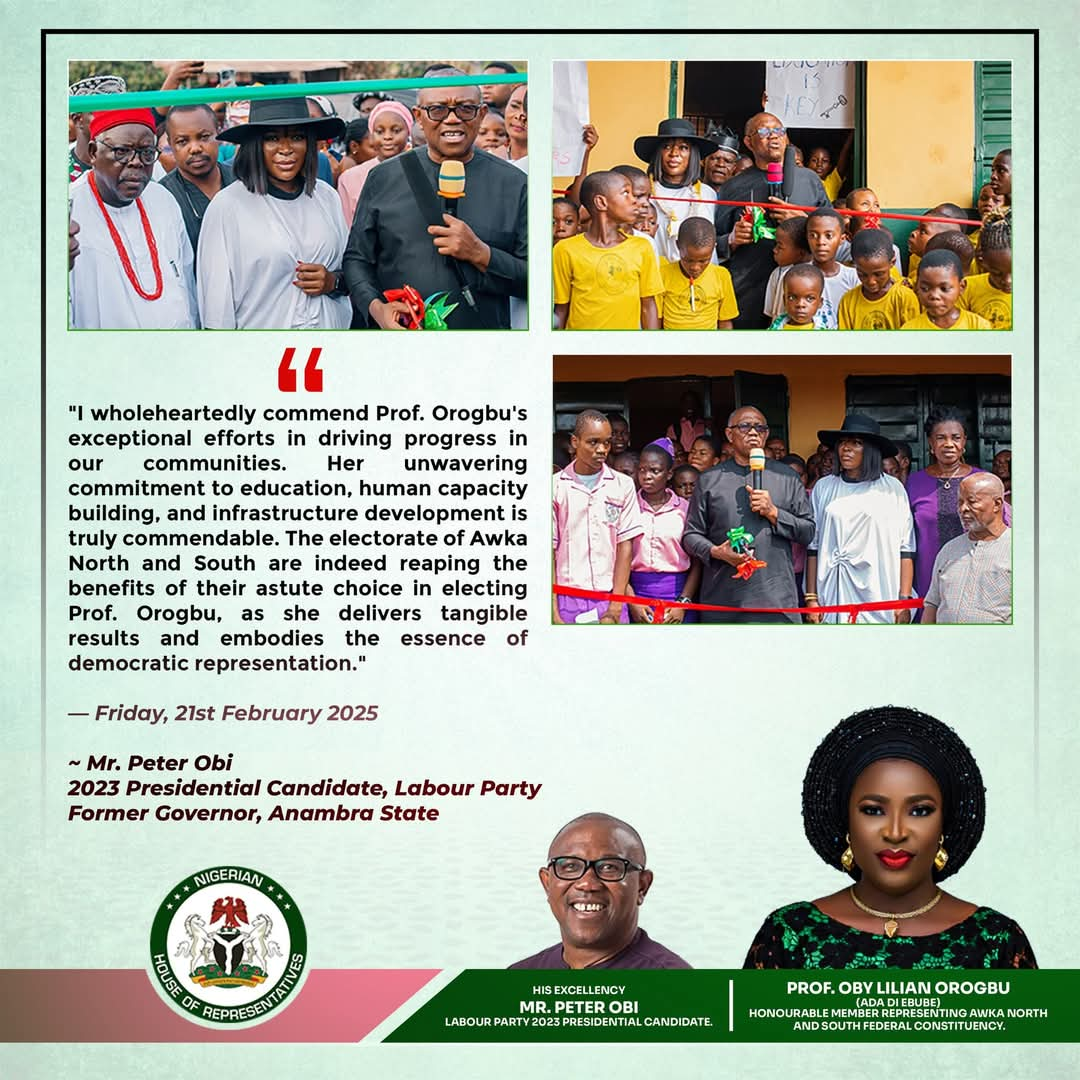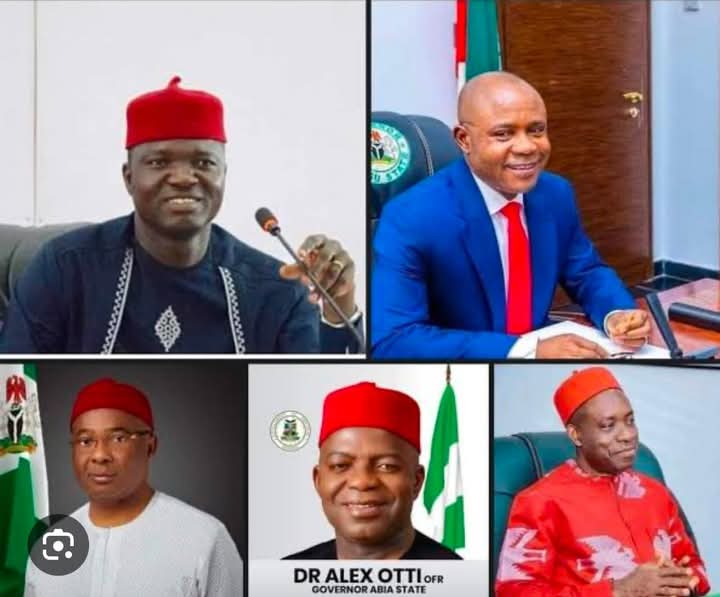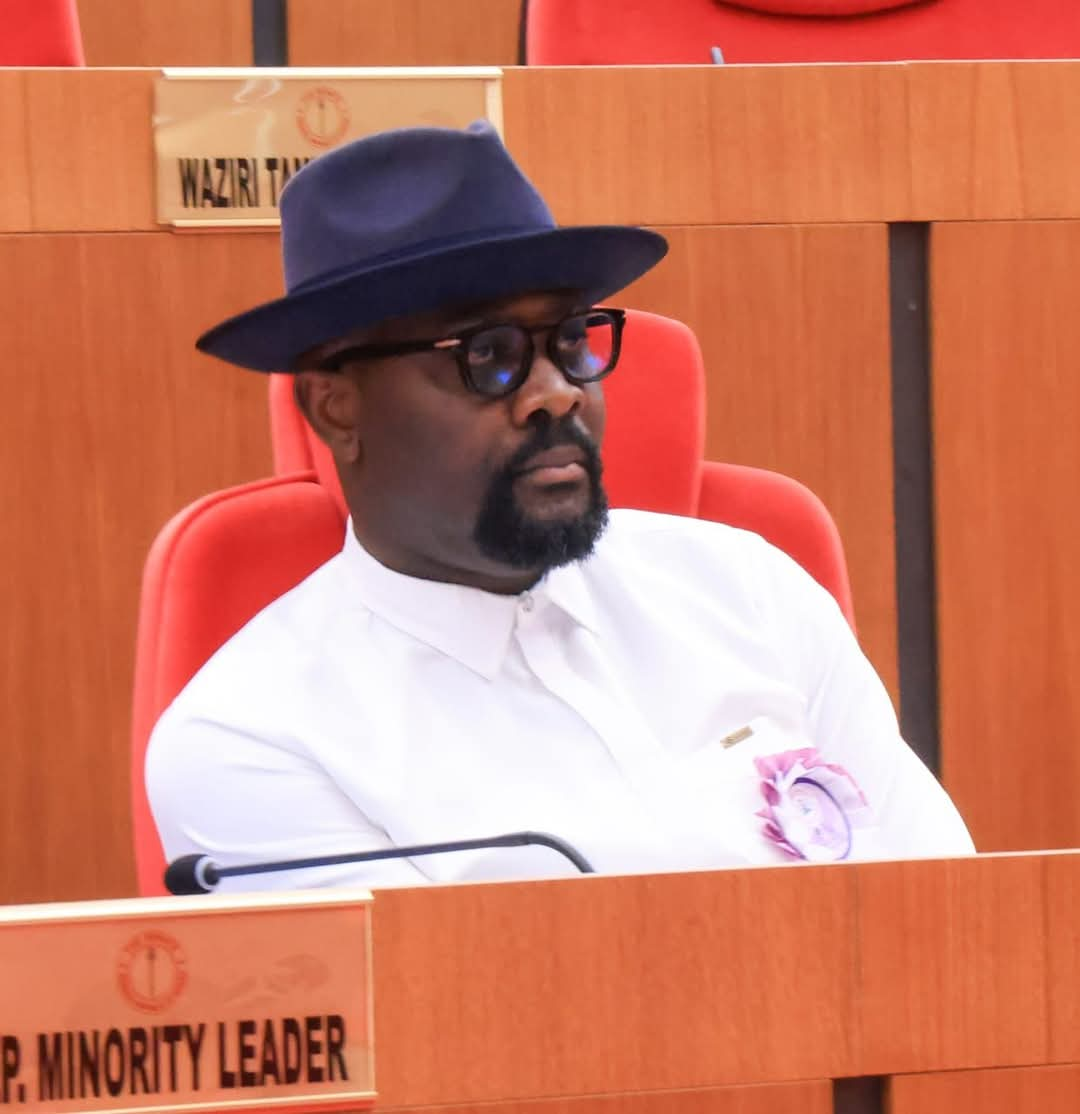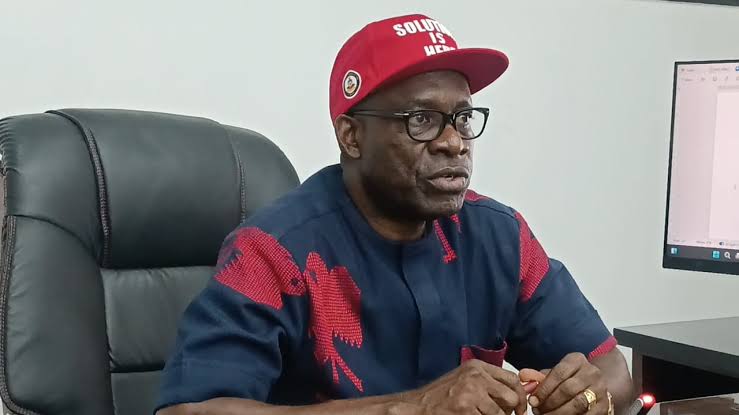 Former reserve bank governor Tito Mboweni has been appointed finance minister after President Cyril Ramaphosa accepted Nhlanhla Nene’s letter of resignation.
Former reserve bank governor Tito Mboweni has been appointed finance minister after President Cyril Ramaphosa accepted Nhlanhla Nene’s letter of resignation.
Leadership SCORECARD gathered that Nene had asked Ramaphosa to relieve him of his duties following public pressure over his testimony at the state capture inquiry, at which he admitted to meeting the Gupta family on numerous occasions, and at their private Saxonwold home.
The request came after some political parties rejected his apology for the previously undisclosed meetings with the family when he served as deputy minister and minister of finance, respectively.
Speaking recently at Tuynhuys, Ramaphosa said Mboweni would provide the strong leadership needed at this time.
“As former governor of the reserve bank, Mr Mboweni brings to this position vast experience in areas of finance, economic policy as well as in governance,” he said.
“Mr Mboweni takes on this responsibility at a critical time for our economy, as we intensify co-operation among all social partners to increase investment, accelerate growth and create jobs on a substantial scale.”
“This moment calls for strong, capable and steady leadership that will unlock new opportunities as we grow and transform our economy,” Ramaphosa said.
Mboweni was sworn in as the South African new Finance Minister.
Born in 1959, Mboweni was a leader of the exiled ANC. He was appointed labour minister in 1994 and oversaw sweeping reforms to the labour market. He became the first black governor of the SA Reserve Bank in August 1999 and served for just more than 10 years until November 2009.
Mboweni has since served as an adviser to investment banking firm Goldman Sachs and has been a director at the New Development Bank established by Brics. He is a founding member of Mboweni Brothers Investment Holdings
Commenting on the state capture inquiry, Ramaphosa said it was critical that the commission had the means and opportunity to effectively fulfil its mandate.
He said no person should be above scrutiny and all relevant and credible accusations of wrongdoing should be thoroughly investigated.
“It is incumbent upon any person who may have knowledge of any of the matters within the commission’s mandate to provide that information to the commission, to do so honestly and to do so fully. For the country to move forward, we need to establish the full extent of state capture, identify those responsible for facilitating it, and take decisive steps to prevent it happening again,” Ramaphosa said.
South African presidency spokesperson Khusela Diko said Ramaphosa had been engaging with Nene following his testimony at the state capture inquiry. Diko said Ramaphosa was concerned about the uncertainty the matter had created in financial markets, and reaffirmed his commitment to the project of economic stability and economic recovery.
Nene’s departure from the finance portfolio comes as Treasury officials prepare to attend the International Monetary Fund’s (IMF’s) annual meeting in Bali and credit ratings agency Moody’s is expected to do its next review of the country.
Nene served as deputy finance minister and finance minister under former president Jacob Zuma. In December 2015, Zuma fired Nene and replaced him with little known ANC MP Des van Rooyen. Four days later after pressure, Zuma had to backtrack on his decision and appoint Pravin Gordhan as minister.





